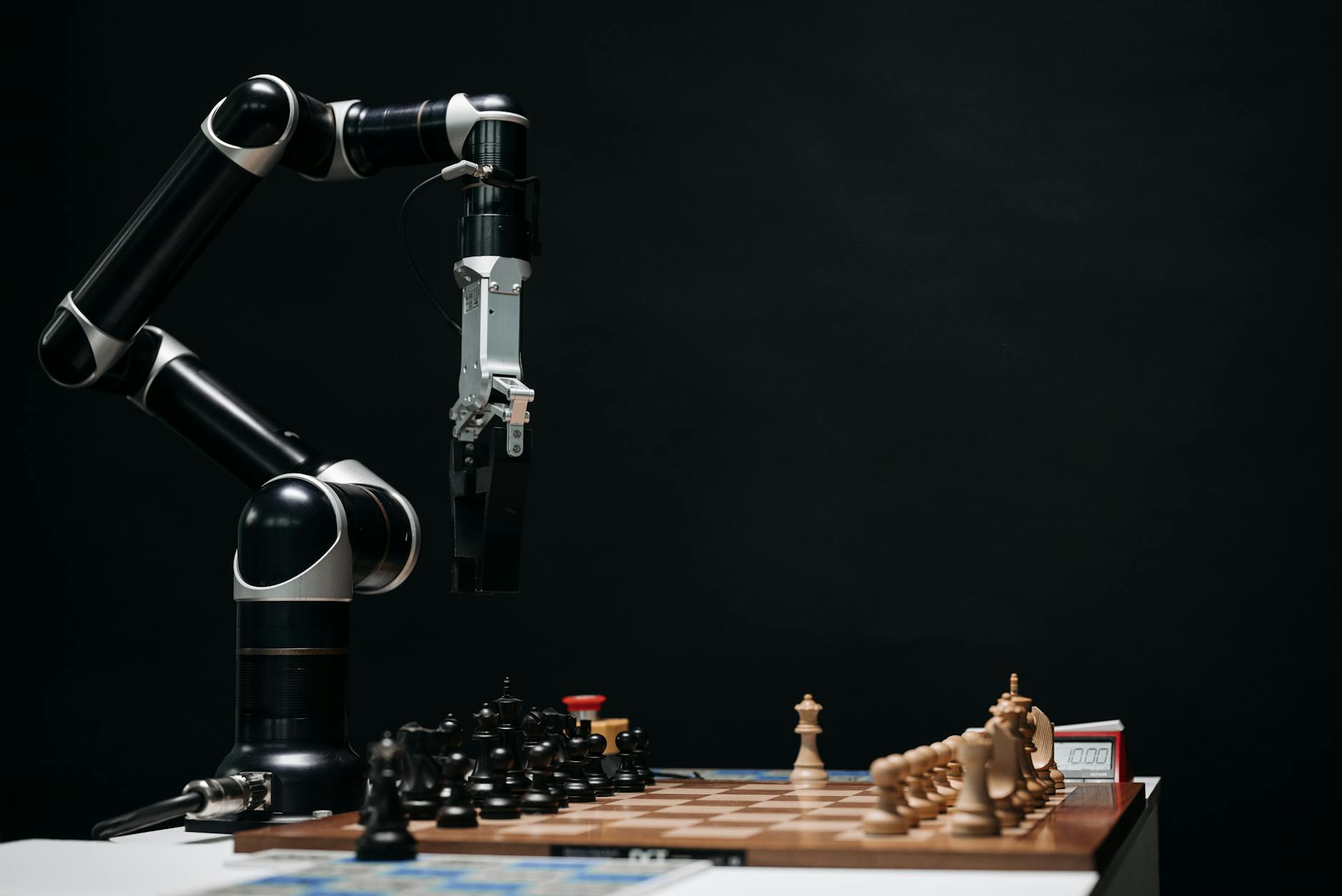Delve into the riveting history of artificial intelligence, tracing its roots from Turing’s pioneering work to the cutting-edge innovation of Tesla.
Table of Contents
Artificial Intelligence, often shortened to AI, has captured the imagination of scientists, innovators, and the general public alike. This cutting-edge technology has the potential to revolutionize various aspects of our lives, from healthcare to transportation, and beyond. In this blog post, we will embark on a journey through the historical evolution of AI, from its humble beginnings to its current applications and future prospects.
Introduction to AI
Artificial Intelligence can be defined as the simulation of human intelligence processes by machines, including learning, reasoning, and self-correction. The ultimate goal of AI is to create systems that can perform tasks that typically require human intelligence. This includes problem-solving, understanding natural language, recognizing patterns, and more.
Historical Context of AI
The concept of artificial intelligence dates back to ancient times, with mythological tales of mechanical beings capable of independent thought. However, the formal study of AI began in the mid-20th century, with influential figures such as Alan Turing laying the foundation for modern AI research. Turing’s work on the Turing Test, which assesses a machine’s ability to exhibit intelligent behavior equivalent to, or indistinguishable from, that of a human, paved the way for further advancements in AI.
Throughout the 20th century, researchers made significant strides in AI research, with breakthrough moments such as the development of expert systems, neural networks, and deep learning algorithms. These advancements set the stage for the AI revolution that we are witnessing today.
Current Applications of AI
AI technology is already in use in a wide range of industries and applications. In healthcare, AI is being utilized to analyze medical images, diagnose diseases, and personalize treatment plans for patients. In finance, AI algorithms are helping to predict market trends, detect fraud, and optimize investment strategies. In transportation, AI-powered systems are enabling autonomous vehicles and reducing traffic congestion.
Moreover, AI is revolutionizing the way we interact with technology, from virtual assistants like Siri and Alexa to personalized recommendations on streaming services and e-commerce platforms. The possibilities are endless, and the impact of AI on society is undeniable.
Benefits of AI
The benefits of AI technology are vast and varied. AI can improve efficiency, productivity, and decision-making processes in various industries. By automating repetitive tasks and synthesizing vast amounts of data, AI systems can uncover insights that humans may overlook. This can lead to cost savings, better customer experiences, and innovative solutions to complex problems.
Furthermore, AI has the potential to tackle pressing global challenges, such as climate change, healthcare disparities, and resource management. By harnessing the power of AI, we can work towards a more sustainable and equitable future for all.
Challenges and Ethical Concerns in AI
While the benefits of AI are undeniable, there are also challenges and ethical concerns that must be addressed. One of the main challenges is the potential for bias in AI algorithms, which can perpetuate discrimination and reinforce existing inequalities. Additionally, the use of AI in sensitive areas such as criminal justice and national security raises complex ethical questions regarding privacy, accountability, and transparency.
As AI technology continues to advance, it is crucial for researchers, policymakers, and industry leaders to work together to establish ethical guidelines and regulations that prioritize fairness, safety, and human well-being.
Future Directions of AI
The future of AI is full of promise and possibility. Researchers are exploring new frontiers such as quantum computing, swarm intelligence, and bio-inspired algorithms to push the boundaries of AI technology even further. As AI systems become more sophisticated and integrated into our daily lives, we can expect to see advancements in areas such as personalized medicine, smart cities, and sustainable energy solutions.
However, with these advancements come new challenges, including concerns about job displacement, data privacy, and the existential risks of superintelligent AI. It is essential to approach the development of AI technology with caution and foresight, keeping in mind the potential consequences of our actions.
Can Something Like Skynet Happen?
The concept of a sentient AI system like Skynet, as portrayed in the Terminator franchise, sparks fear and imagination in equal measure. While the likelihood of a malevolent AI takeover in the near future is unlikely, it is not entirely impossible. The creation of a superintelligent AI system with control over critical infrastructure could pose a significant threat to humanity.
To prevent a scenario like Skynet from becoming a reality, researchers and policymakers must prioritize safety measures, ethical considerations, and international cooperation in the development of AI technology. By fostering a culture of responsible innovation, we can harness the benefits of AI while mitigating the risks.
The Role of Regulation in AI Development
Governments and regulatory bodies play a crucial role in shaping the future of AI technology. By establishing clear guidelines and standards for the ethical development and deployment of AI systems, policymakers can ensure that AI benefits society as a whole. Transparency, accountability, and human oversight are essential principles that should guide the responsible use of AI technology.
Moreover, international cooperation and collaboration are key to addressing global challenges related to AI, such as data governance, cybersecurity, and intellectual property rights. By working together, we can create a more inclusive and sustainable future for AI innovation.
Myths and Misconceptions About AI
There are many myths and misconceptions surrounding AI technology, fueled by popular culture and sensationalized media coverage. It is essential to separate fact from fiction and understand the capabilities and limitations of AI systems. AI is not a magical solution to all of our problems, nor is it a malevolent force bent on destroying humanity.
By educating the public about AI technology and promoting informed discussions about its potential impact, we can dispel myths and foster a more nuanced understanding of this transformative technology.
Engaging with the AI Community
As we continue to explore the vast potential of AI technology, it is crucial to engage with the AI community and participate in ongoing discussions about its impact on society. By staying informed, sharing insights, and contributing to the dialogue surrounding AI, we can cultivate a culture of innovation, responsibility, and inclusivity.
Ultimately, the future of AI is in our hands. By working together towards a common goal of harnessing the power of AI for the greater good, we can navigate the complex challenges and opportunities that lie ahead. With careful planning, thoughtful regulation, and a commitment to ethical principles, we can shape a future where AI technology enhances our lives and empowers us to create a better world for generations to come.


Recent Comments